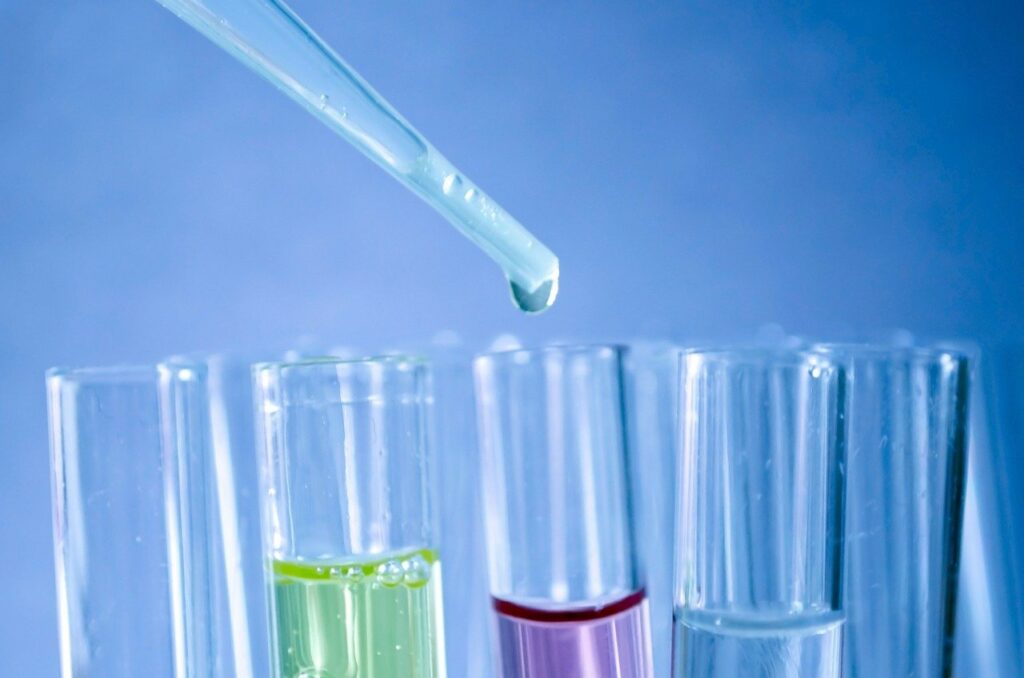How to study Biochemistry for 1st professional exams in medical college
There are few things in MBBS that you will remember. One of them is your 1st professional exam. For some people it is the most difficult exam in the entire MBBS.
Let’s divide the exam and rule them all.
Biochemistry Theory Exams

Biochemistry is asked in the exams in various ways let’s see each of them.
- MCQs – For this you need to know all the concepts you study in class. These are generally asked from the highest yielding topics and sometimes a clinical vignette is given and a question related to that is asked. NEET PG type of questions are asked but only from high yielding topics.
- Short notes/ write briefly – Most of the questions in the biochemistry exam are short notes. Follow a fixed pattern for all the short notes type questions – write an introduction, then a diagram/flow chart/cycle, explanation of the cycle, the clinical correlations you have studied.
- Clinical Question – These are the recently introduced type. A clinical vignette is given and related biochemistry questions will be asked. Because actual clinical subjects are not covered in the first year so in most questions the diagnosis is already given in the vignette or the questions.
- Long Answers – This is perhaps the scariest question in Biochemistry. Sometimes there are parts and sometimes it just has a topic and you have to write a 10 mark answer for it. It is advised to prepare all the possible long answers before the actual exam. Draw all the complete cycle and write all the clinical correlation for the answer. If it’s a 10 mark question, try to fill at least 7-8 pages.
For theory, the book I suggest for exams is Lippincott. The cycles and clinical correlations are so clear in the book. I believe this is the best book for biochemistry in MBBS.
Here is a book you can follow to prepare for prof exams – all the important questions are given in here.
Biochemistry Practical exam
In the practical exam, there are few ways through which your assessment will be done.
- Spotters – Biochemistry spots are simpler than all the other subjects. You will be given a graph or a table or a test or sometimes a microscopic image and there will be questions to answer. There is not a lot of syllabus in biochemistry so the things to ask are limited.
- Clinical Question – This is the same as we see in the theory section. But in the practical exam, the vignette is related to the practicals you have done in your class.
- Qualitative assessment (Urine analysis) – In this you will be given a urine sample which can be either normal or abnormal. You will have to do some tests and find out if the urine sample is normal or abnormal and if it is abnormal then what is the provisional diagnosis.
- Quantitative assessment (Serum analysis) – In this you will be given a serum sample in which there will be a substance which you have to measure via colorimetry. Then you will compare with the amount found with the normal range. After that you can make a diagnosis if the amount measured is abnormal.
- Grand Viva – This is the theory-based viva. You will be asked questions from the theory part. There is a way of taking the grand viva. You will be asked a simple question and your viva will progress by asking more and more deep questions related to the topic you answered.
For any practical viva in biochemistry remember –
- The principle of the practical
- Normal range of the substance to be measured
- Diagnosis of the sample is abnormal
- Clinical features of the diagnosis
- Etiology of the diagnosis
Here is a practical book to prepare for exams.
Here is my video on my prof journey.




Veryy well written 😍😍😍🔥🔥
Thank you.